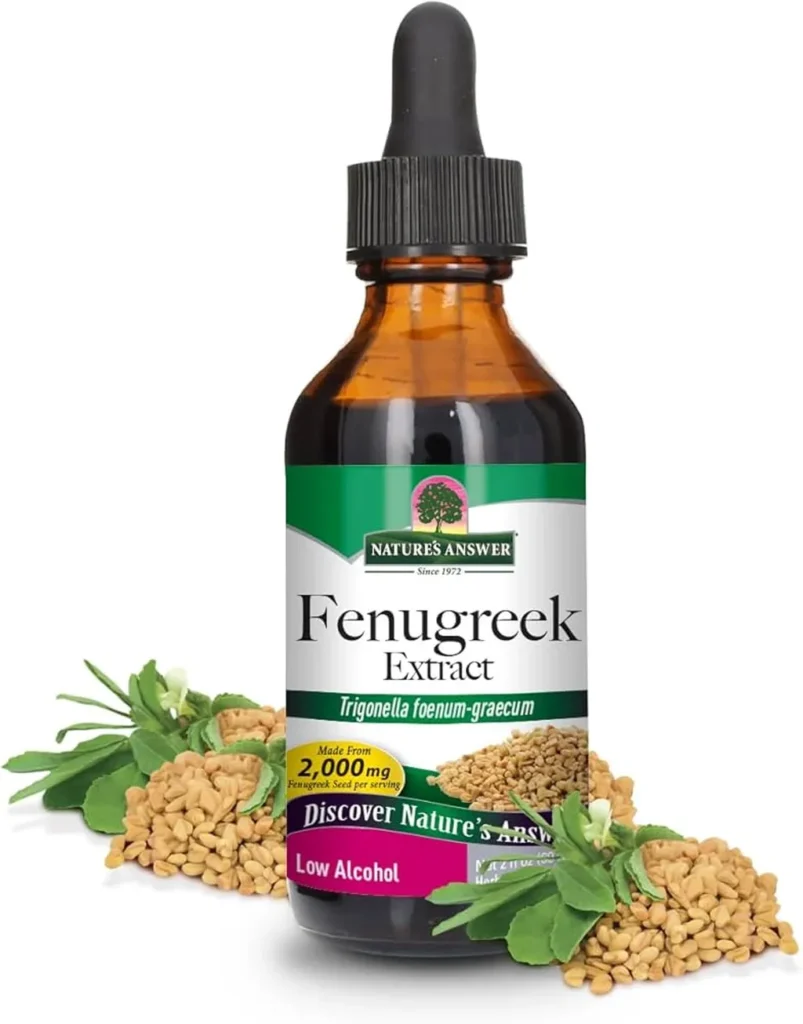In the quest for sustainable agriculture, researchers are increasingly turning to nature’s own defenses to protect crops. A recent study published in the journal ‘Plants’ has uncovered promising antifungal properties in the humble fenugreek seed, offering a potential eco-friendly alternative to synthetic pesticides.
The research, led by Stelica Cristea from the Plant Pathology Department at the University of Agronomical Sciences and Veterinary Medicine in Bucharest, Romania, investigated the antifungal activity of *Trigonella foenum-graecum* seed extract. The extract, obtained through a simple maceration process in 40% ethanol, was found to exhibit significant inhibitory effects against three fungal strains, particularly *Fusarium graminearum* and *Monilinia laxa*.
Cristea and her team employed a range of analytical techniques to understand the extract’s phytochemical composition and antioxidant activity. They discovered that the extract is rich in phenolic compounds, reducing sugars, and soluble proteins, with a notable presence of steroidal saponins (diosgenin and its precursor protodiosgenin) and pyridine alkaloids (trigonelline). These compounds are believed to contribute to the extract’s potent antifungal properties.
The study also highlighted the extract’s strong inhibitory effect on wheat seed germination, particularly at higher concentrations (1.50%). This finding suggests that the fenugreek seed extract could be developed into a biofungicide, providing a sustainable solution for plant protection.
The commercial implications for the agriculture sector are substantial. With the global biofungicides market projected to reach $3.4 billion by 2025, the demand for effective, eco-friendly alternatives to synthetic pesticides is on the rise. Fenugreek, a widely cultivated crop, could offer a cost-effective and readily available source for biofungicide production.
Moreover, the use of plant-based extracts aligns with the growing consumer preference for organic and sustainably produced food. As Cristea notes, “The development of biofungicides from plant extracts not only addresses the need for sustainable agriculture but also responds to the increasing demand for organic produce.”
This research opens up new avenues for the development of biofungicides and underscores the potential of secondary metabolites in plant protection. As the agriculture sector continues to grapple with the challenges of sustainability and food security, such innovations could play a pivotal role in shaping the future of farming.
The study, titled “In Vitro Evaluation of the Antifungal Activity of *Trigonella foenum-graecum* Seed Extract and Its Potential Application in Plant Protection,” was published in the journal ‘Plants’ and was led by Stelica Cristea from the Plant Pathology Department at the University of Agronomical Sciences and Veterinary Medicine in Bucharest, Romania.

